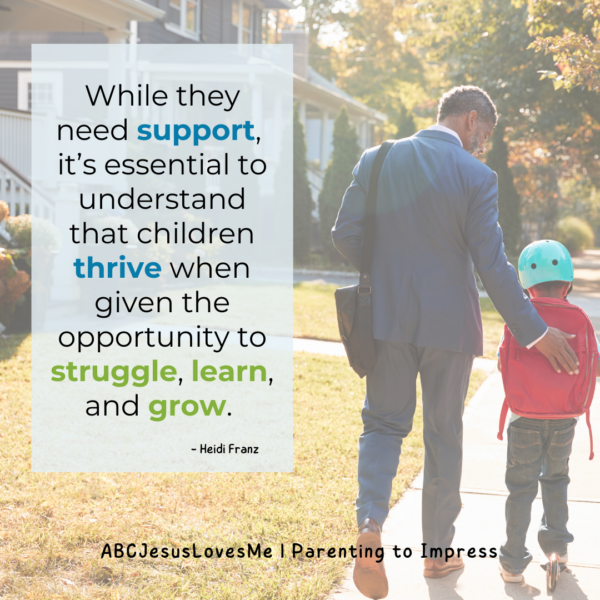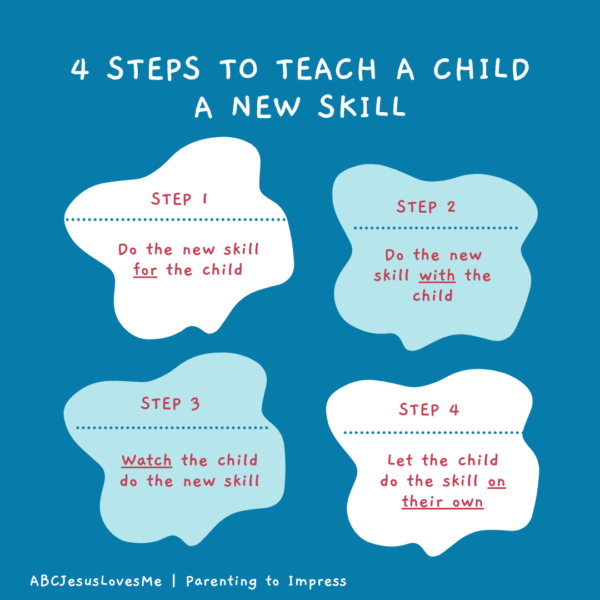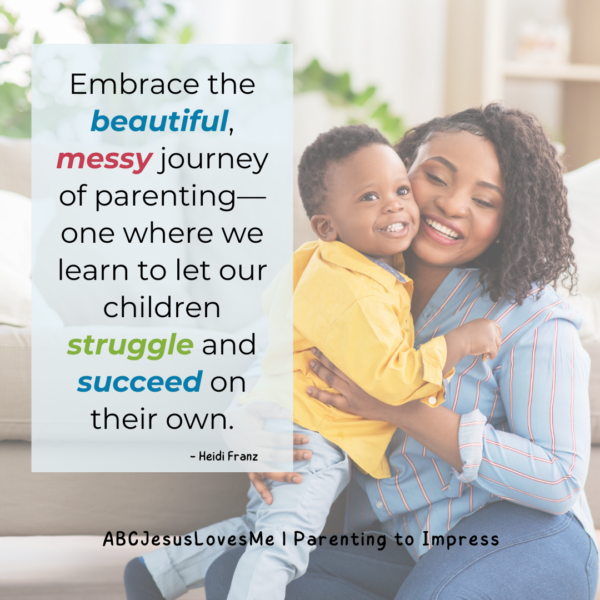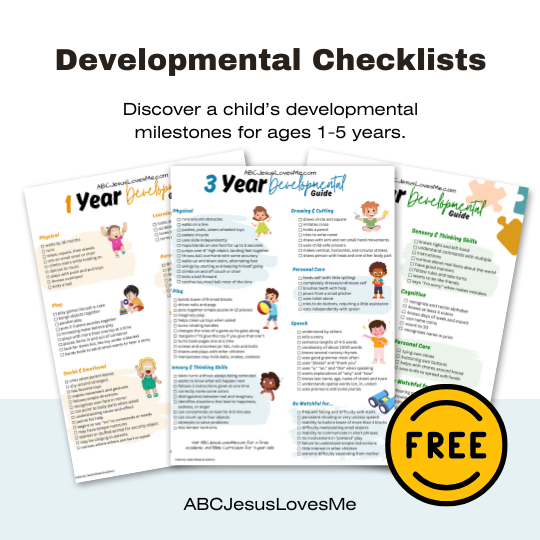There’s a famous parenting quote that states: “Never do for a child what he can do for himself.” This idea makes me think of the parent who carries her child’s backpack to school or makes a teenager’s lunch daily. While it’s easy to do these things out of love, I often wonder if we’re truly loving our kids the best way possible when we do all the things for them.
As parents, we naturally want to help our children, especially when we see them struggling with a task. However, stepping in to assist can sometimes confuse our intentions. For instance, when I think of a frustrated preschooler trying to fit a puzzle piece, my instinct is to swoop in and help. But could it be more beneficial to let them work through it?
The Dangers of Over-Parenting
Research from reputable institutions, like Stanford, highlights the dangers of over-parenting. Parents who constantly step in or correct their children may unknowingly hinder their ability to regulate their own behaviors. When a child believes they can’t succeed without parental intervention, it not only stunts their emotional growth but can also lead to feelings of inadequacy and selfishness.
Allowing children to experience frustration is crucial. As they work through challenges, they learn responsibility and develop critical thinking skills. Success breeds happiness, and when we constantly intervene, we deny them the chance to feel accomplished.

Why Do We Over-Parent?
Over-parenting often stems from love and concern for our children. We want them to succeed and feel secure. However, it can be difficult to strike the right balance between helping and hovering. Sometimes, we intervene out of exhaustion or pride, thinking that our way is the best way. I’ve been there—I’ve made excuses like “it’s quicker if I do it” or “they wouldn’t do it right without my help.”
One challenge we face as parents is recognizing that our purpose is not solely tied to our children’s needs. While we want to support them, it’s essential to understand that children thrive when given the opportunity to struggle, learn, and grow. This is especially important in a post-COVID world, where anxieties about our children’s safety can lead to overprotectiveness.
The Biblical Perspective
The Bible offers guidance on parenting, emphasizing the importance of training our children. Proverbs 22:6 reminds us to “Train up a child in the way he should go.” This training involves working alongside our children, allowing them to learn through experiences rather than simply dictating their actions.
Colossians 3:23-24 also encourages us to work with purpose and determination, reminding us that our efforts should be directed toward serving the Lord, not seeking praise from others.

Practical Steps to Avoid Over-Parenting
- Know Developmental Checklists: Understanding what is age-appropriate for your child can help you gauge when to step in and when to let them try on their own. See free checklists below.
- Embrace Frustration: It’s okay for your child to struggle. Instead of jumping in immediately, count to ten and see how they navigate the situation. Often, you’ll be surprised by their resilience.
- Teach New Skills Gradually: Start by demonstrating a skill, then work alongside your child, allowing them to take the lead as they become more confident. Read more…How to Nurture a Strong Work-Ethic in Your Child
- Encourage Independence: Encourage children to handle tasks appropriate for their age, like putting away dishes or carrying their own supplies to school.
Age-Appropriate Tasks
For preschoolers, tasks can include:
- Putting away non-breakable dishes
- Carrying their laundry
- Getting dressed independently
- Brushing their teeth (with a final check)
- Managing their supplies
For elementary-aged children, they can start to:
- Pack their lunch
- Approach a teacher with questions
- Prepare their clothes and supplies for the next day
Teens should be moving to doing everything you do, as adulthood is right around the corner. It’s important to transition responsibilities gradually, allowing them to handle more complex tasks like cooking or managing their schedules. Read more…Guide to Raising Successful Kids

Allow Your Child to Thrive
In today’s world, where over-parenting seems to be a growing trend, we must remember that our children are capable of so much more than we often give them credit for. By stepping back, we allow them to thrive, learn responsibility, and cultivate a sense of independence that will serve them well into adulthood.
I know it’s hard. But take a deep breath and embrace the beautiful, messy journey of parenting—one where we learn to let our children struggle and succeed on their own.

Free Developmental Checklist
Are your expectations matching your child’s development? Understanding your child’s milestones is crucial for providing the right structure, support, and play during these formative years. Get your free checklist using the links below:
- 1 Year Developmental Checklist
- 2 Year Developmental Checklist
- 3 Year Developmental Checklist
- 4 Year Developmental Checklist
- 5 Year Developmental Checklist
